Boobies at heart of new seabird research project
(CNS): Biologists have begun an important conservation project in the Cayman Islands to study regionally and globally important seabird populations. Over the next two years, the Department of Environment, in partnership with the National Trust and seabird experts from the Universities of Liverpool and Exeter in the UK, will collect urgently needed information on the movements, ecology and status of resident seabird populations. The project will focus largely on red-footed boobies (Sula sula) on Little Cayman and brown boobies (Sula leucogaster) on Cayman Brac.
While these species breed in colonies on the Cayman Islands that are recognised as globally and regionally important, they remain poorly understood throughout much of their foraging range, officials said.
The work has begun on the Sister Islands and is primarily funded by the Darwin Initiative, a UK government grant scheme aimed at helping to protect biodiversity and the natural environment within the British overseas territories. It is hoped that the knowledge gained through this work will contribute to conservation management around the Cayman Islands.
A combination of electronic tags and biogeochemical markers will be used to provide insights into the habitat use, foraging strategies and dietary habits of the birds. Breeding adult red-footed boobies at the Booby Pond Nature Reserve and brown boobies at multiple sites on Cayman Brac have been fitted with miniaturised GPS loggers that trace their movements as they travel over the ocean to find food.
The data collected should help to reveal the strategies that these animals use to exploit their surrounding environment, and will enable the DoE to identify appropriate conservation measures on land as well as at sea, the scientists said. Using visual survey methods, information on breeding behaviour and population biology is also being collected at seabird colonies. This information, in combination with previous data recorded by volunteers, will allow scientists to assess the status of populations, as well as develop longer-term seabird monitoring programmes.
Rhiannon Meier, writing in the latest issue of the DoE magazine, Flicker, said she is hoping to uncover the secrets of the seabirds.
“Seabirds, some of the longest distance migrants on this planet, spend the majority of their lives at sea, and are capable of traversing huge stretches of ocean in their search for food. While these aerial predators only venture back on land to breed, and are thus effectively marine, we still know relatively little about their movements and behaviour at sea,” she wrote.
The outputs of this project will feed directly into the development of Species Conservation Plans that are required under the National Conservation Law of the Cayman Islands.
For more information contact the DoE 949-8469 or email doe@gov.ky or caymanseabirds@gmail.com or to learn about our latest activities follow on twitter @CaymanSeabirds.
Read the latest issue of Flicker #26
Category: Land Habitat, Science & Nature















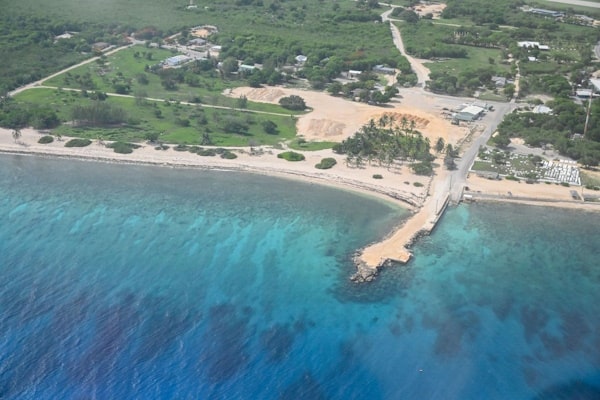


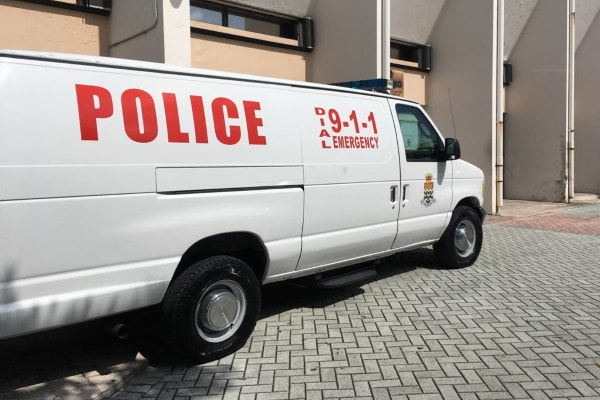

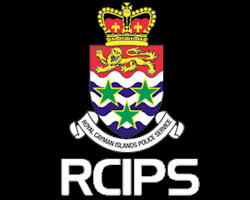

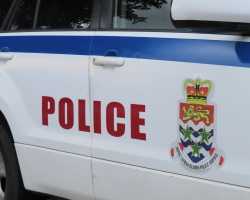




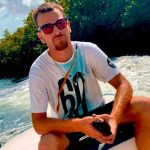
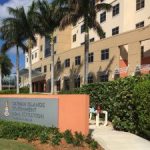
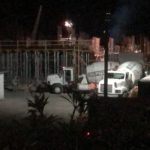


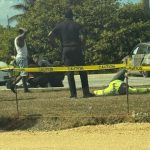

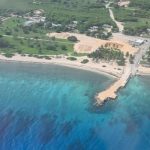


I support boobies – but yet it seems like everything is being reasearched and studied here except the colorful locals and their long unique history of isolated sailors who broke through into the modern world with such success.
The Headline Gods smile upon you, CNS. You have brought them great mirth.
I love boobies. They are my favorite. When I walk on the beach I always have my binoculars so I can search for boobies.
I thought this was going to be about boobies and it’s about birds. Very disappointing..
I think we need to get rid all the noobies taking up space all over the island in and out private sector. If you think they all work in government you are mistaken. Some of you are not going stop insulting our people until something terrible happens then you can only blame yourselves there were times in Cayman when all who came here to work were received with open arms but now it looks like we are getting a lot of the riff- raff.
Can DoE do something about the restaurant in East End that feeds the man-o-wars (frigates)? They’re completely changing the feeding habits of the birds. The birds used to go offshore hunting flying fish all day and now they sit on the telephone cables waiting for their next free meal from the tacky establishment.
This restaurant should try serving decent food to attract customers and not relying on a man-o-war feeding gimmick.
The birds actually belong to Tukka according their website…
http://www.tukka.ky/photo-album/category/12-our-frigate-birds.html
Disgusting really.
That’s a valid point. But what about stingrays and tarpons? Our tourism industry has been feeding them garbage for decades. And I won’t even go near the turtle torture.
Don’t know about boobies, but a study should be done of all the protected noobies taking up space in the GOAB and other government refuges.